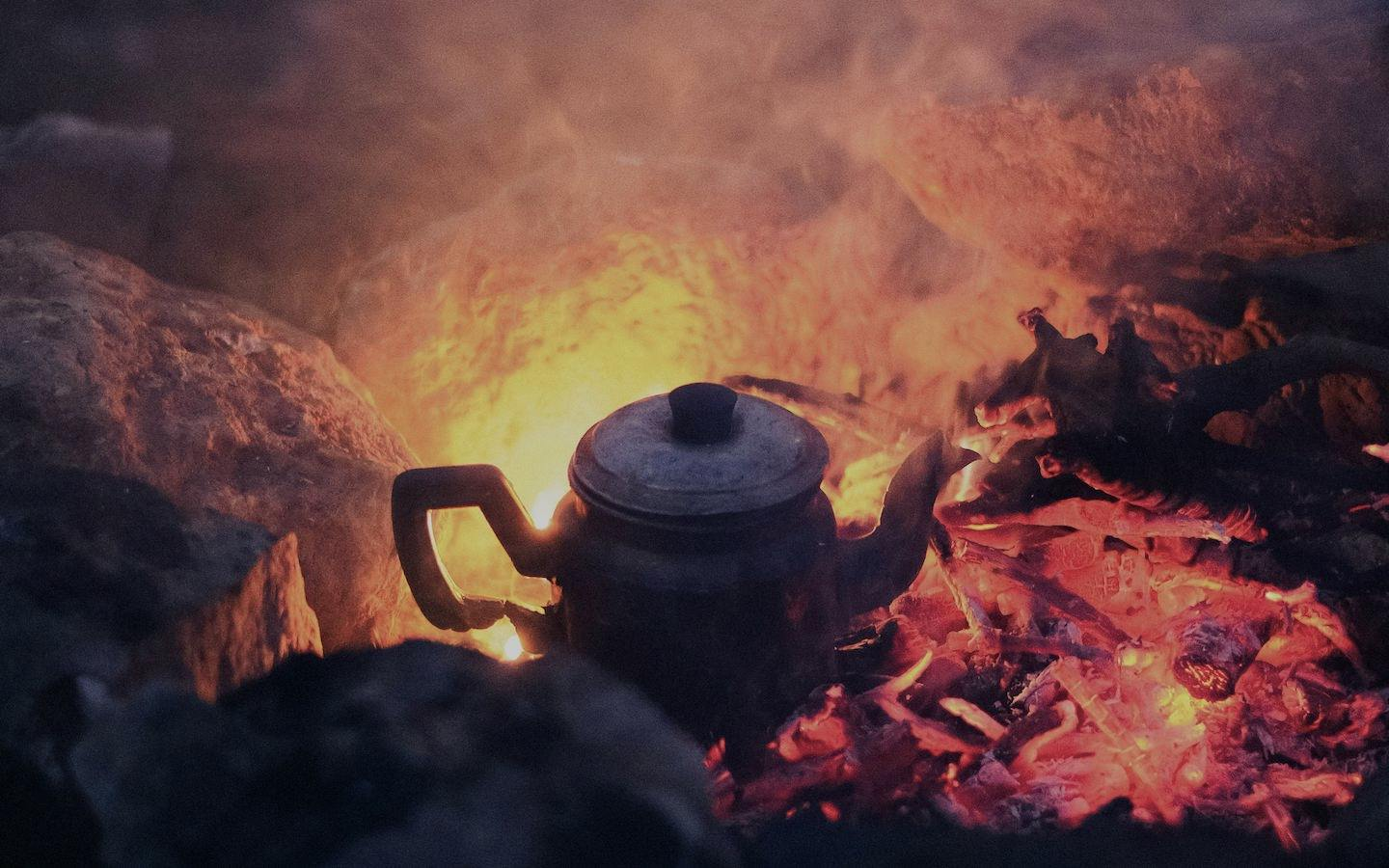thoughts:
- I thought theanine helped with jitters, not anxiety? Maybe worth clarifying exactly what theanine is supposed to be doing (and why we think this - who are making the claims and why do we take them seriously in the first place?).
- often drugs have a dose-dependent response, and doubling a dose isn’t necessarily the best way to guarantee the expected response
- humans have lots of natural variation, you can’t extrapolate much from an n=1 self-experiment about whether theanine helps or not - we need actual studies with many participants, ideally with quantitative & objective measurements (not just subjective reports)
- yeah, supplements are mostly a scam - that checks out
All fair points!
-
To be honest, I’m not entirely sure of the difference between stress and anxiety and jitters. For me they’re closely related, and I guess I tried to measure some combination of them.
-
True, more isn’t always more. But more does tend to be more, and this is one of the suggestions people made from the first experiment.
-
I agree. However, I see this in the context of the first post—the scientific literature has tested theanine and found basically nothing! I was originally convinced that the internet was onto something, but now I tend to think the boring scientific literature had it right all along.
ah, yes, boring science is right again 😅
Interesting re jitters vs stress vs anxiety - I experience all of those separately (though they obviously can relate). In my experience those symptoms are more dependent on the dose of caffeine I take than anything else (and whether on an empty stomach or a full one).
Re taking 400 mg vs 200 mg, in my mind it’s more about building a better experiment - it seems like testing the actual doses at which the drug is being used, rather than designing the experiment to test cases that are less common, is beneficial (at least for understanding the potential effects in the average case).
Not that I necessarily fault taking a larger dose, that could glean useful information too.
Anyway - I enjoy this kind of experimentation, thanks for sharing your results!
-
This study was twenty times larger than yours, had a higher bar to clear for academic rigor, and found benefits: https://pubmed.ncbi.nlm.nih.gov/27396868/
And this meta-study finds consistent long-term benefits when reviewing the methodology and results of other studies: https://pmc.ncbi.nlm.nih.gov/articles/PMC11616108/
As far as I know, scientific literature has overwhelmingly found benefits to regular theanine consumption, rather than no benefit. Where have you read the opposite?
Personally I take ~400mg/day, in conjunction with 200mg of caffeine. I’m not looking for benefits though so I haven’t got data; all I can say is I haven’t noticed negative effects.
That first study appears to be non-blinded, so I tend to discount it. I wasn’t aware of that second review. I’ll take a look. At a glance, most of the studies seem to be included in the 2020 review I did cite previously and I don’t seem to see much claim that it helps for stress–in fact, the opposite. It looks like the claim is that it helps with sleep and/or ADHD.
That said, as far as I know, theanine is very likely to be completely safe. And I think it’s totally possible given all the evidence that it does have a small effect on stress/anxiety and maybe some other things. So I don’t think there’s really any reason not to take it. I’m just 95% convinced that the people who claim it’s lifechanging for stress/anxiety are delusional.
Ah, fair enough - blinded is preferable of course, no argument here. It’s not enough for me to discount it entirely by itself is all.
I’m just 95% convinced that the people who claim it’s lifechanging for stress/anxiety are delusional.
I hadn’t heard about this but it totally makes sense that people would hype it like that.
I think the proposal for your it helps with stress is that the same mechanisms which provide benefits for sleep also work to reduce production of stress-induced hormones like cortisol. That does make sense to me; I’d need a biochemist to tell me if it’s right or wrong and why, though.


